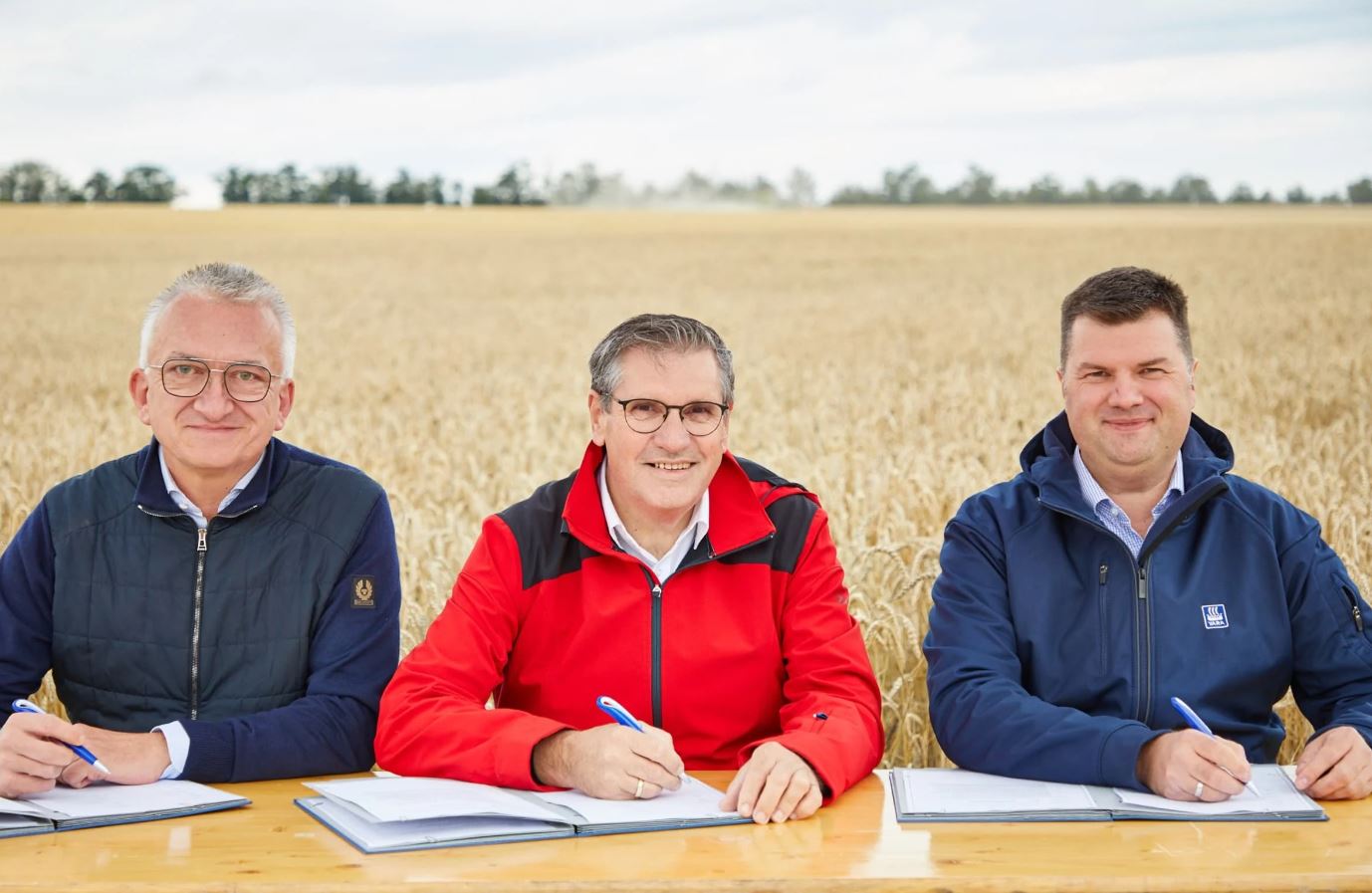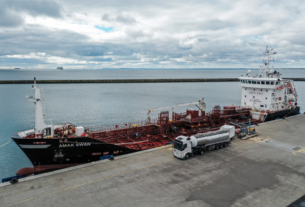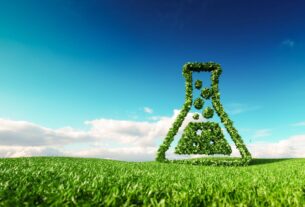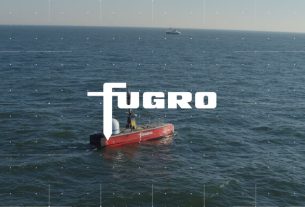Germany – A collaboration between Yara Germany, Bindewald & Gutting Milling Group, and Harry-Brot is set to redefine cereal cultivation in Germany through the innovative use of green fertilizers. The partnership’s shared objective is clear: to substantially reduce carbon dioxide (CO2) emissions in cereal production by harnessing the power of green ammonia.
The heart of this transformation lies in the utilization of green ammonia, produced using renewable energy sources such as hydropower and solar energy. Unlike conventional methods that rely on fossil fuels like natural gas for ammonia extraction, green ammonia is synthesized through electrolysis, resulting in up to 90% reduced CO2 footprint compared to traditional processes. Yara’s plant in Rostock, Germany, will process Norwegian ammonia, effectively decoupling cereal cultivation from carbon-intensive practices.
The partnership agreement between Yara Germany, Bindewald & Gutting Milling Group, and Harry-Brot signifies a strategic shift towards environmentally responsible food production. The collaboration targets the reduction of carbon emissions across the entire food value chain, spanning from fertilizers to end consumers. This multifaceted approach holds the potential to create a more sustainable future while responding to the pressing demands of conscious consumers.
CO2 footprint
A recent IPSOS study commissioned by Yara underscores the shift in consumer preferences, revealing that 74% of German consumers desire clear CO2 footprint information on product packaging. More strikingly, 53% are willing to pay a premium for food produced with reduced fossil fuels. The adoption of green fertilizers could reduce grain CO2 footprints by up to 30%, presenting consumers with a tangible choice for sustainable consumption.
Yara’s commitment extends beyond green fertilizers. The partnership aims to optimize fertilizer management, nitrogen forms, and site-specific fertilization to further curtail field emissions. This approach, combined with Yara’s digital precision farming tools, offers a comprehensive solution to reduce environmental impact.
As the first project in Germany using Yara’s fossil-free ammonia-based green fertilizer, this partnership holds immense promise. The collaboration sets a precedent for sustainable agricultural transformation, with ramifications reaching far beyond the immediate stakeholders. The journey to decarbonize German agriculture is a pivotal step in reshaping the food industry and encouraging further investments in renewable energies.




